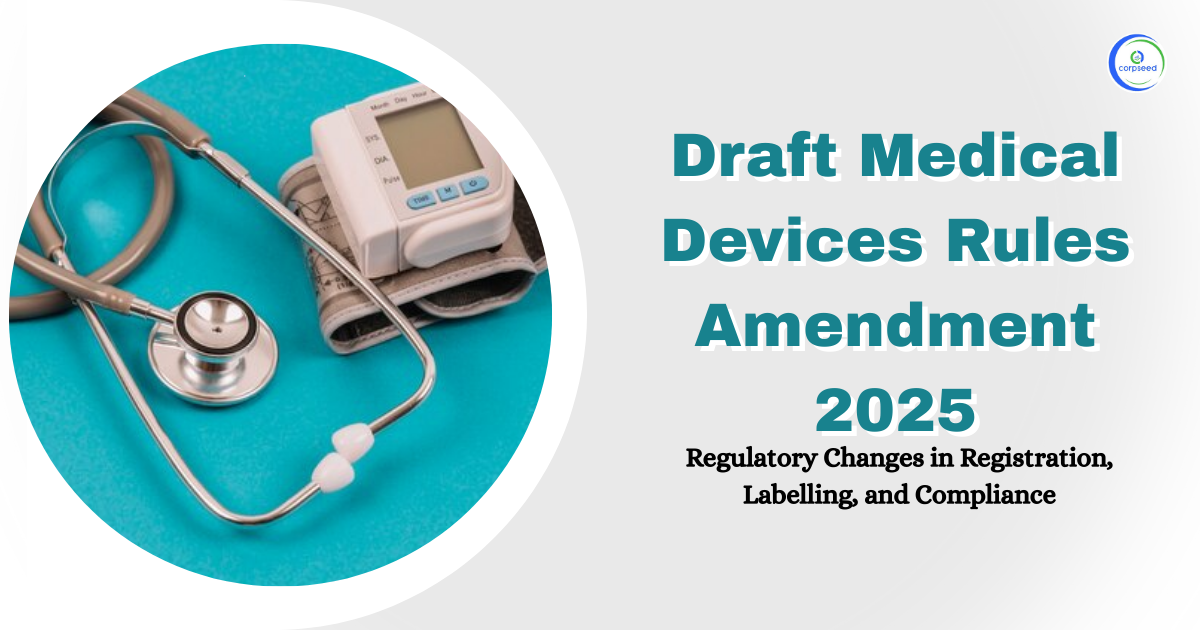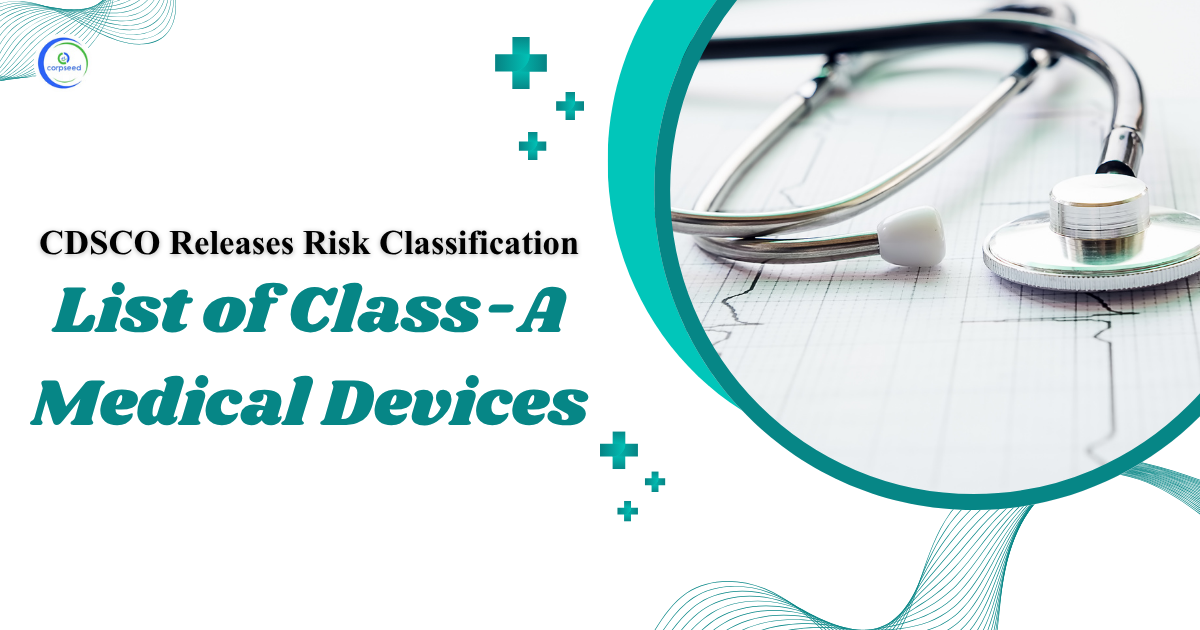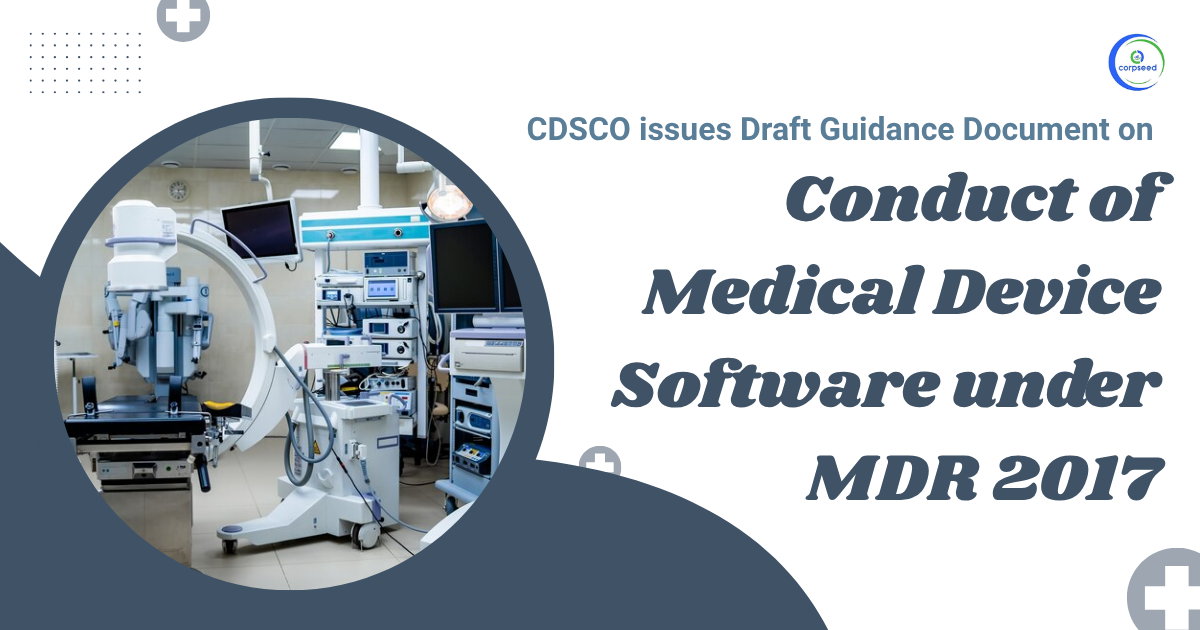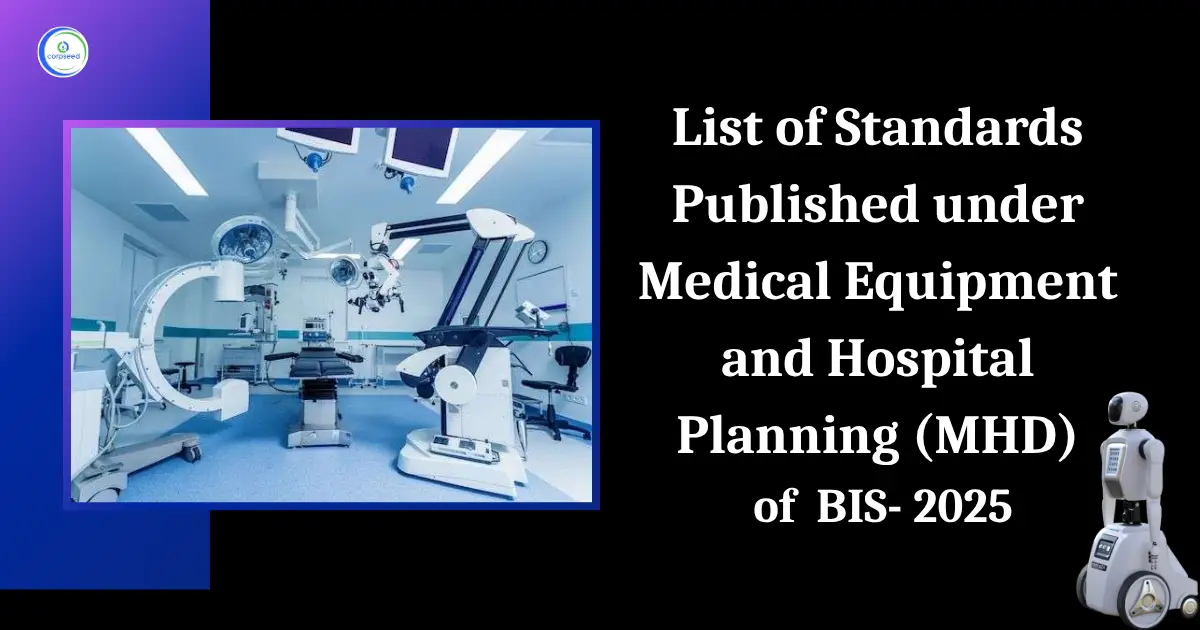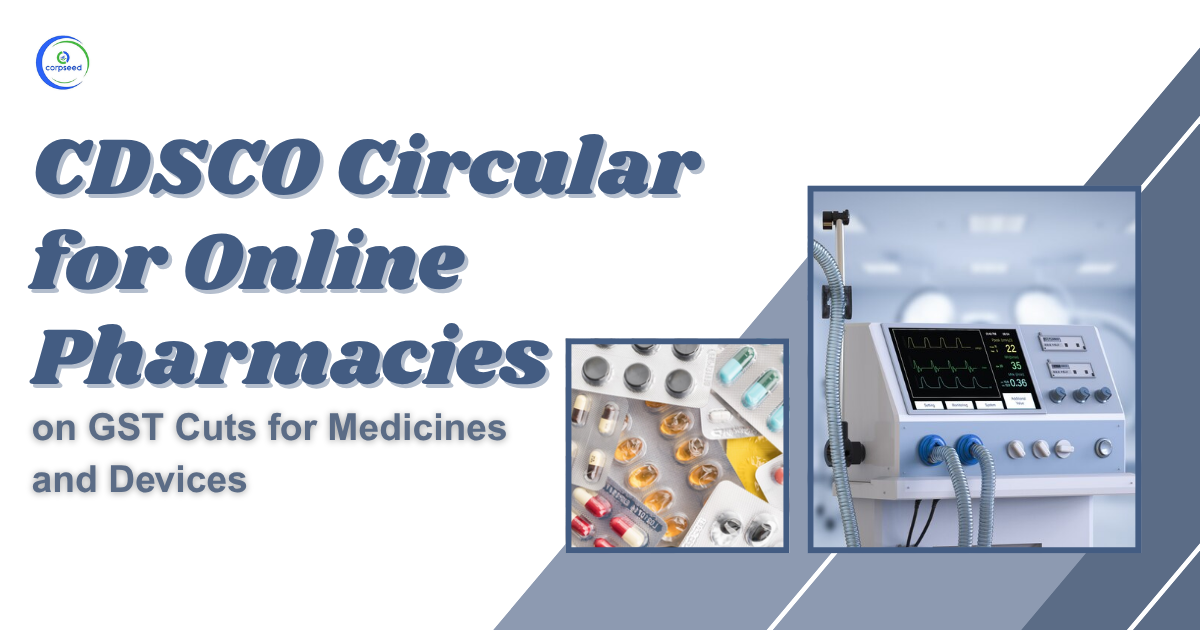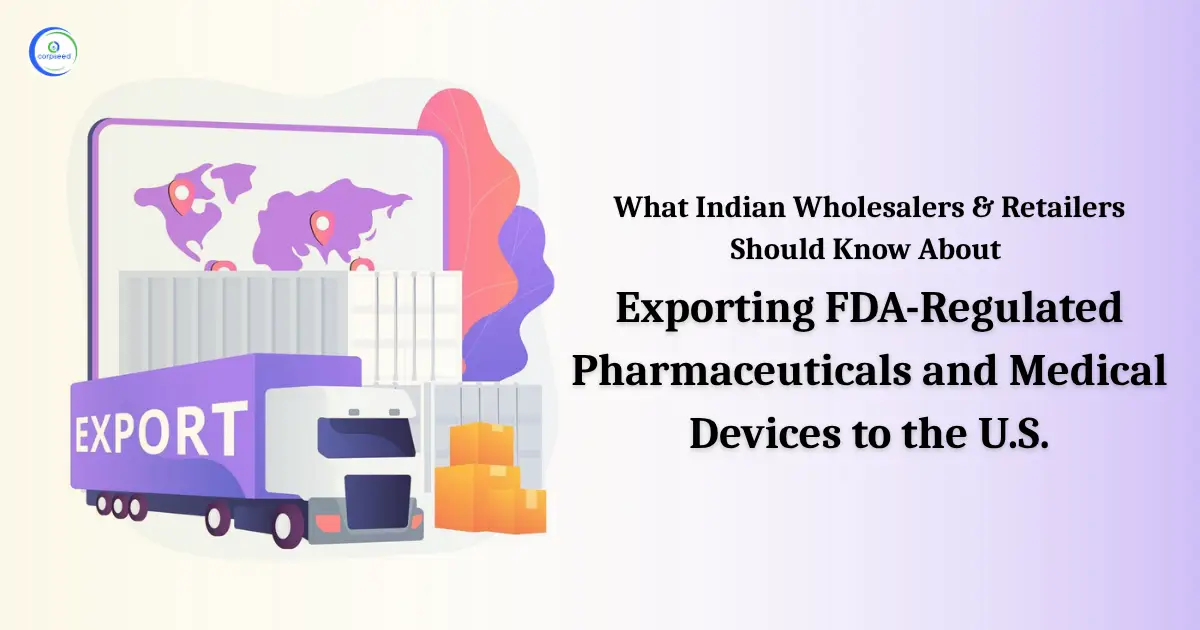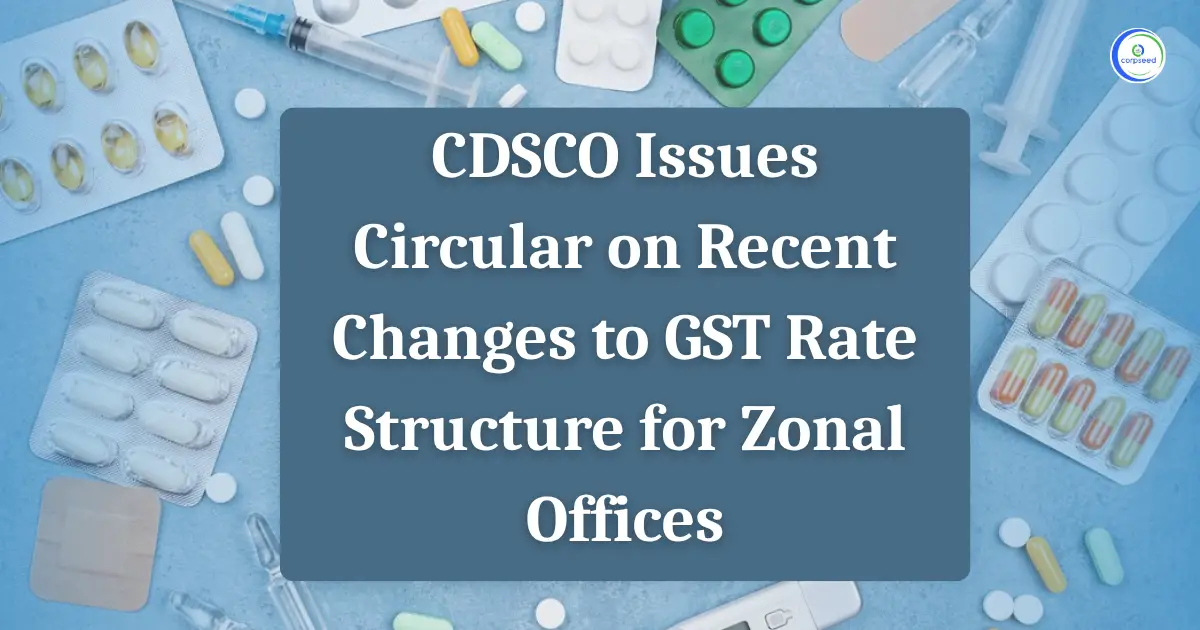The pharmaceutical industry in India operates within a strict legal framework, which is necessary to ensure the safety and efficacy of drugs. The Ministry of Health and Family Welfare has proposed the Drugs (Second Amendment) Rules, 2025 to enhance these regulatory standards. This amendment to the Drug Rules, 1945 aims to address several important areas related to the manufacture, distribution and sale of drugs. The new set of regulations not only ensures better compliance but also improves overall drug safety. These amendments reflect the government’s proactive approach to meeting the evolving needs of the pharmaceutical industry while protecting public health.
Table of Contents
--------------Blog Contact Form-------------
What is the Drugs (Second Amendment) Rules, 2025?
The Drugs (Second Amendment) Rules, 2025 is a proposed update of the existing Drug Rules, 1945, which govern the regulation of drugs and drugs in India. This amendment is being introduced under the powers conferred by the Drug and Cosmetic Act, 1940. The main purpose of these regulations is to revise and introduce provisions that address emerging challenges and enhance the framework for drug license, testing, and supervision.
The amendments, published in May 2025, propose changes related to bacterial endotoxin testing, licensing conditions, and oversight of drug sales. The amendment also emphasizes the importance of monitoring changes in personnel handling the pharmaceutical sales and manufacturing processes. These changes are intended to increase transparency and accountability in the industry, which is critical for both public health and international trade. With this update, the Indian pharmaceutical regulatory system aims to align with global standards while promoting a more compliant pharmaceutical environment.
Major Amendments to the Drug (Second Amendment) Rules, 2025
Some major changes have been proposed under the Drugs (Second Amendment) Rules, 2025, which will affect the way drugs are regulated in India. These modifications include:
1. Test for Bacterial Endotoxins – Pyrogens
Rule 121A of the Drug Rules, 1945 is amended to specify that substances intended for parenteral administration must comply with testing for bacterial endotoxins or, where appropriate, pyrogens. The tests should be performed as per the current version of the Indian Pharmacopoeia (I.P.). This amendment emphasizes improved safety standards for injectable substances and any accompanying aqueous solutions.
2. Supervision by Competent Person in Drug Sales
The amendment adds a new requirement to Form 20B, requiring the sale of medicines to be under the personal supervision of a competent person. The licensee must name the competent person and notify the licensing authority of any change in personnel within one month. This ensures that qualified professionals are handling medications.
3. Exemption from Restrictions for Non-Medicinal Manufacturers
One important change is the removal of conditions that limited the sale of certain drugs to manufacturers of non-pharmaceutical products such as beverages and confectionery. The amendment clarifies that antimicrobials will remain subject to these restrictions, but other drugs may be sold to non-pharmaceutical manufacturers for processing purposes.
4. Revision in Forms 21B and 21BB
The regulations also propose changes to Form 21B and Form 21BB, where conditions relating to the sale of pharmaceuticals to manufacturers of hydrogenated vegetable oils, beverages, confectionery and other non-pharmaceutical products are revised. The same conditions apply, but the ban is limited to antimicrobials.
5. Periodic Reporting on Changes in Competent Personnel
The revised regulations now stipulate that licensees must report within one month of any change in competent personnel. This ensures continuous compliance with drug sales and manufacturing oversight.
6. Exemption from Schedule H for Certain Drug Classes
A new entry in the footnote to Schedule H indicates that drugs listed on serial number 15 of Schedule K will not be covered under Schedule H. This would create a more transparent classification of drugs based on their use and importance in public health.
Benefits of Drug (Second Amendment) Rules, 2025
The Drug Amendment Rules, 2025 offer a number of key benefits to the pharmaceutical industry, healthcare professionals, and consumers alike. These benefits include:
- Improving Drug Safety: Revision of bacterial endotoxin testing requirements will ensure that parenteral drugs are safe for patients, preventing potentially harmful side effects caused by pyrogens or endotoxins.
- Increased Accountability in the Sale of Drugs: By requiring a competent person to oversee the sale of drugs, the amendments promote better control over the dispensing of drugs. This helps reduce the risk of counterfeit or improperly stored drugs entering the market.
- Enhanced Compliance with International Standards: The update aligns the Indian regulatory framework with international standards, which is crucial for global trade and market access. This ensures that Indian medicines are perceived as safe and trustworthy in the global market.
- Streamlined Licensing Conditions: The introduction of clear and precise licensing conditions, especially in relation to the sale of drugs to non-pharmaceutical manufacturers, reduces ambiguity. This helps businesses avoid unnecessary interruptions and focus on their operations.
- Better Monitoring of Personnel Changes: Mandatory reporting of personnel changes ensures that licensed entities always operate with competent personnel overseeing critical functions. This strengthens the overall integrity of the pharmaceutical sector.
Implications for the Pharmaceutical Industry
The Drugs Second Amendment Rules, 2025 will have several implications for India’s pharmaceutical industry:
- Strong Regulatory Oversight: Pharmaceutical companies must follow strict guidelines on drug testing and supervision. This may include additional investment in personnel training and compliance programs.
- Increased Transparency: Companies need to ensure that any changes in competent employees are communicated promptly, creating a more transparent and accountable industry. This shift can build trust between consumers and healthcare professionals.
- Fewer Restrictions on Drug Sales: For non-pharmaceutical manufacturers, relaxing certain restrictions regarding drug sales will open up new business opportunities. However, manufacturers must adhere to strict regulations for antimicrobials.
- Global Market Competitiveness: By aligning with international drug safety standards, Indian pharmaceutical products can gain acceptance in global markets, increasing export opportunities.
- Cost of Compliance: While the rule provides long-term benefits, pharmaceutical companies will face initial costs related to compliance, including staff training, new trial protocols, and regulatory reporting mechanisms.
Conclusion
The Drugs (Second Amendment) Rules, 2025 is an important step towards strengthening drug regulation in India. These amendments address essential areas such as drug license, supervision, and testing, providing better control over drug safety and distribution. While the changes may initially require investment and adaptation from pharmaceutical companies, they will ultimately lead to a more transparent, efficient, and globally competitive industry. By ensuring that the highest standards are met, these regulations contribute to public health safety and global recognition of Indian medicines. These reforms highlight the government’s commitment to improving the pharmaceutical sector, thereby strengthening India’s position as a major player in the global pharmaceutical market.
This portion of the site is for informational purposes only. The content is not legal advice. The statements and opinions are the expression of author, not corpseed, and have not been evaluated by corpseed for accuracy, completeness, or changes in the law.
BOOK A FREE CONSULTATION
Get help from an experienced legal adviser. Schedule your consultation at a time that works for you and it's absolutely FREE.


